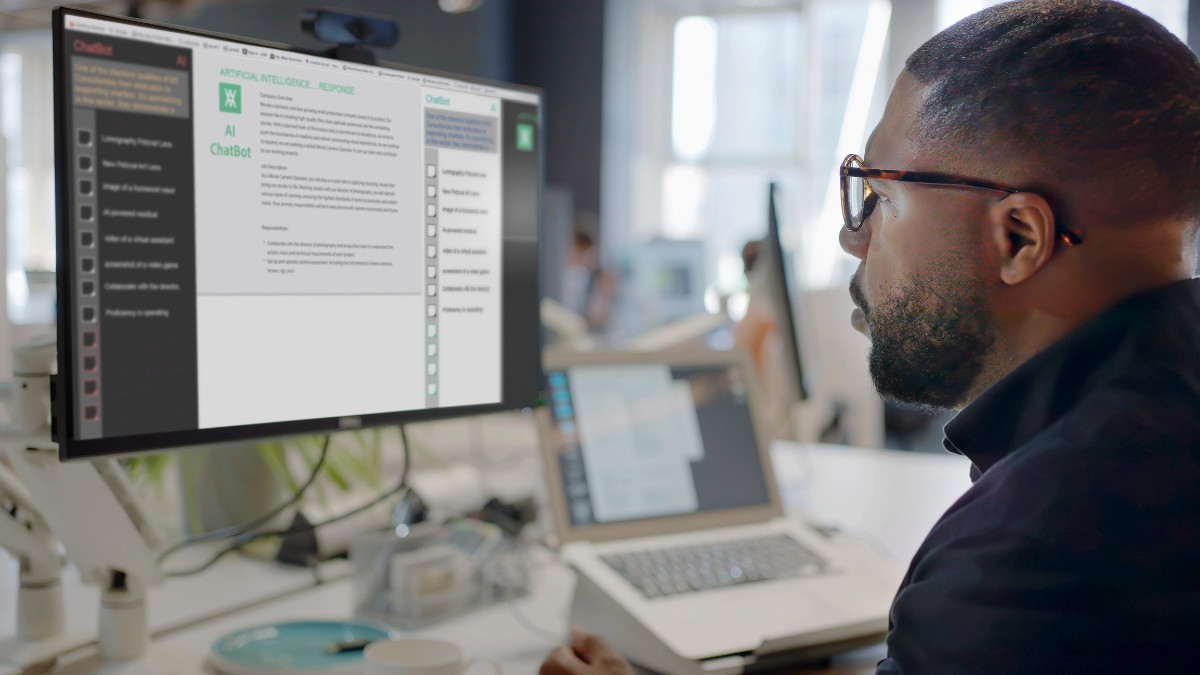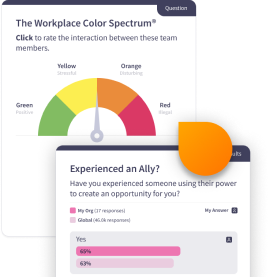
Protect Your IP with AI Training for Employees
Course Video Preview
An Intro to how AI can be use in the workplace.AI is transforming business faster than any previous technology, but with innovation comes risk. Without clear governance policies and employee awareness, organizations are exposing themselves to massive liability, from copyright infringement to compromised trade secrets. As regulators sharpen their focus on AI compliance, enterprise leaders need training that equips employees to responsibly leverage AI while protecting the organization’s intellectual property and reputation. Emtrain’s AI Governance Training prepares your workforce to navigate this new reality with confidence.
Course Description
Emtrain’s AI Governance course delivers a practical, enterprise-ready framework for managing the legal, ethical, and operational risks of artificial intelligence. Through real-world scenarios, learners explore how AI intersects with intellectual property, data security, and organizational policies. The course empowers employees to make responsible decisions when using AI tools, safeguard proprietary information, and stay compliant with evolving regulations — all while supporting innovation and productivity.
Learning Objectives
- Understand how AI can inadvertently compromise trade secrets, copyrights, and proprietary assets.
- Learn the legal and ethical implications of AI usage — from prompt engineering to content generation.
- Gain actionable strategies for following organizational AI governance policies and staying compliant.
Course Features
- Access to our Anonymous Ask the Expert tool
- Rich video scenarios based on real-world events
- Built-in employee sentiment surveys
- 50+ Machine Translation Options
- Optional program timer
- Policy acknowledgement tool
- Extensive customization options

Lessons
AI and Managing Intellectual Property
AI Can Undermine Trade Secrets
AI and Copyright Protections
Following AI Governance Policies
Relevant Courses
Recommended Resources
From ‘Ask the Expert’
Emtrain’s Ask the Expert feature enables users to ask questions about compliance, bias, harassment, and diversity & inclusion as they come up. It’s all confidential, and answers are sent straight to their inbox. View some of the example questions below and see the Experts answers.
